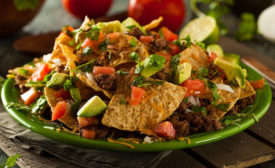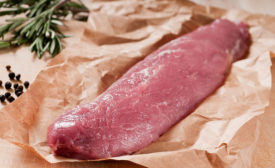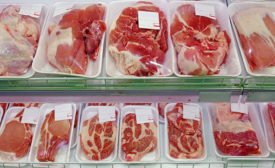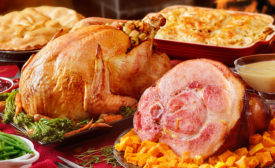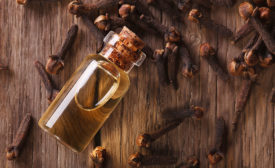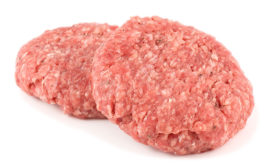Ingredients
Formulation Strategies
Portable, spicy and snackified entrees, starters, snacks and sides are natural vehicles for protein.
Read More
Meat Science Review
Pork enhancement via alkaline electrolyzed reduced water
Research aims to evaluate alkaline electrolyzed reduced water as a clean-label alternative to industry standard enhancement solutions of pork products.
Read More
Ingredients
Batter and breading: Down but not out
Consumer health concerns affect the use of batter and breading in protein offerings, but ingredient changes are under way.
Read More
Ingredients & Formulation
Gums, binders and emulsifiers: Stronger together
Gums, binders and emulsifiers search for their place on ingredient labels.
Read More
Formulation Strategies
Holiday dinners: A twist on tradition
More shoppers are purchasing a wider variety of proteins and cuts for their holiday dinners as they aim to make the meals less cumbersome and more dynamic.
Read More
Meat Science Review
Dry potato extracts and beef patties
Dry potato extracts improve shelf life, cooked product yield and sensory characteristics of beef patties.
M.C. Colle
R.P. Richard
M.J. Colle
W.I. Loucks
S.J. Gray
Z.G. Reynolds
H.A. Sutton
J.A. Nasados
M.E. Doumit
April 13, 2016
Stay ahead of the curve. Unlock a dose of cutting-edge insights.
Receive our premium content directly to your inbox.
SIGN-UP TODAYCopyright ©2024. All Rights Reserved BNP Media.
Design, CMS, Hosting & Web Development :: ePublishing
